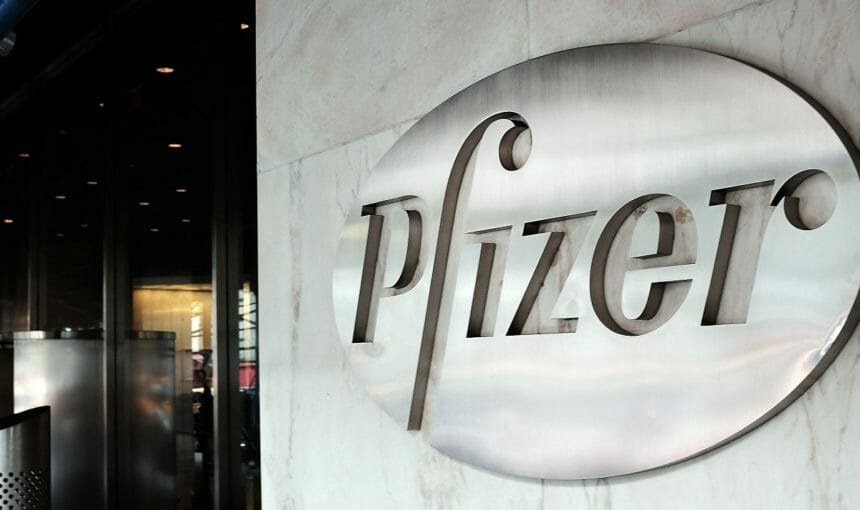When even a passing grade would have spelled major relief for a country pinning hopes on the biopharma industry to engineer our way out of a global pandemic, Pfizer announced that its potential COVID-19 vaccine aced its efficacy test. The company and partner BioNTech said that the vaccine was found to be more than 90% effective in preventing COVID-19 in participants without evidence of prior SARS-CoV-2 infection in the first interim efficacy analysis by a panel of outside experts.
That’s a robust level of efficacy that well exceeds the “good enough” boundary, set at 63%. Scientists had hoped for a vaccine that was at least 75% effective, while White House coronavirus advisor Dr. Anthony Fauci had said a vaccine that is 50% or 60% effective would be acceptable.
No safety issues were observed, the companies added, and the required two months of safety data following the second (and final) dose of the vaccine will be available by the third week of November. This should enable them to file for emergency use authorization (EUA) at that time. The EUA could come by early December, with initial vaccinations being administered to high-risk individuals by the holidays.
Analysts said this strongly positive data should also raise confidence in the prospects for successful development of other spike-protein targeted COVID vaccines. “Since the vast majority of other vaccine programs also target the production of spike-protein specific anti-SARS-CoV2 IgG antibodies, the implication is certainly that they have a higher probability of success than they did prior to this result, even though it does not guarantee that they will all be successful,” wrote Geoffrey Porges of SVBLeerink in a note to investors this morning.
Ironically, the high rates of worldwide coronavirus infections seen over the past few weeks, which helped Pfizer’s analysis reach a substantially larger number of interim cases (94) than the previously planned number (32), are a good sign that other trials could stay on pace in reaching their required levels of COVID-19 cases. Moreover, the positive vaccine efficacy data seem to mark a major turning point in the fight against a virus that has surpassed the grim global milestones of more than 50 million cases and more than 1.2 million deaths.
Investors certainly saw it that way, fleeing shares of firms like Zoom Video and Teladoc Health, which benefit from people staying at home, and scooping up shares of firms that would benefit from the economy reopening.
And President-Elect Joe Biden took a step toward actualizing his plan to bring the pandemic under control, naming a coronavirus transition advisory board this morning. The board is staffed by individuals who have served in senior public health positions in the federal government, including the Food and Drug Administration and the office of the Surgeon General.
“Dealing with the coronavirus pandemic is one of the most important battles our administration will face, and I will be informed by science and by experts,” Biden said in a statement.
In a separate announcement, however, Biden expressed cautious optimism over the Pfizer news. “Americans will have to rely on masking, distancing, contact tracing, hand washing and other measures to keep themselves safe well into next year,” he said. “Today’s news is great news, but it doesn’t change that fact.”
This rhetorical approach stands in contrast to the one taken by President Donald Trump, who had been relying more on vaccines and treatments than on public health measures. Trump suggested on numerous occasions that a vaccine would be ready by Election Day.
The President also repeatedly criticized members of his coronavirus task force, like Dr. Fauci, and indicated that, upon winning the election, he would move to replace many of the career scientists and health officials throughout the administration with political appointees.
Pfizer and BioNTech said that they can manufacture 50 million vaccine doses in 2020 and up to 1.3 billion next year. Other vaccine companies are likely to have their products available by the early or middle part of next year.
The federal government has agreed to pay Pfizer $1.95 billion to deliver 100 million doses. But last month Pfizer CEO Albert Bourla, in an email to employees, reiterated that Pfizer would not be influenced by political pressure in its timeline and insisted the company has taken no money from the government.







